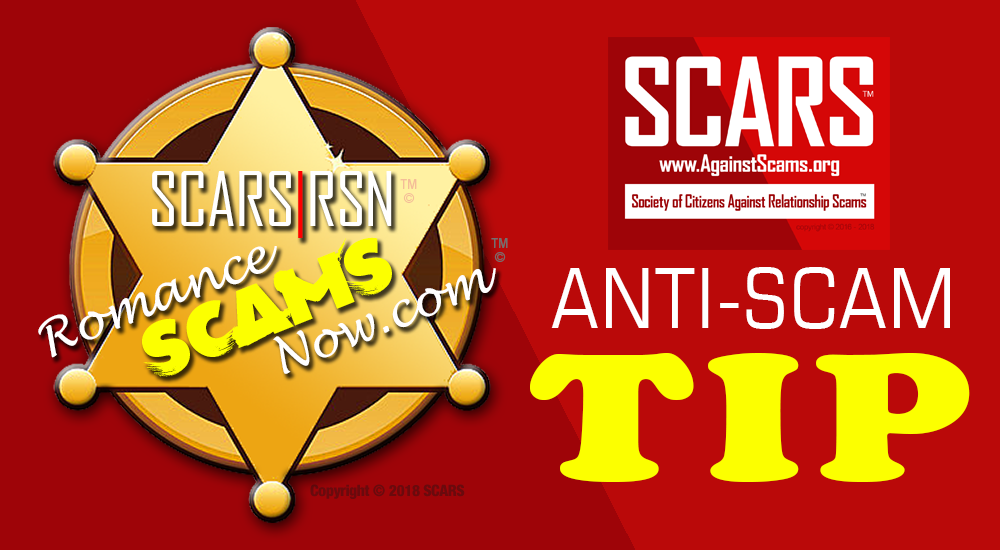RSN™ Anti-Scam Tip: Avoiding Tech Support Scams
You’re working on your computer when, suddenly, a message pops up on the screen: “Virus detected! Call now for a free security scan and to repair your device.”
That’s a tech support scam.
Don’t call, text, or email. Legit tech support companies don’t operate that way.
Scammers pose as big-name companies and use pop-up messages, fake websites, and phone calls to trick you into thinking your computer has an urgent problem.
Their plan is to get your money by selling you worthless software, enrolling you in fake programs, or getting you to pay for useless tech support.
The scammers urge you to call a toll-free number immediately, threatening that you may lose personal data if you don’t.
When you call, the scammer might ask you to give them remote access, pretend to run a diagnostic test, or tell you they’ve found a virus or other security issue. They try to sell you a security subscription or other “services” that range from worthless (for instance, they’re available for free elsewhere) to malicious (they install dangerous software that can help them steal your personal information.)
What should you do?
If you get a pop-up to call a number to fix a virus on your computer, ignore it.
Your computer is almost certainly fine. But if you’re concerned about your computer, call your security software company directly — and don’t use the phone number in the pop-up or on caller ID.
Use a number you know is real, like the one on a software package or your receipt, or look in the help section of the anti-virus software you have installed.
Tech support scammers like to place online ads pretending to be legitimate companies, so be sure you have the correct telephone number for the real tech company before calling.
And if someone asks you to pay for anything — including tech support services — with a gift card, cash reload card or a wire transfer, that’s a scam. No legitimate company will tell you to pay that way. If you see that, report it.
For this type of scam you should report it on both RomanceScamsNow.com or www.Anyscam.com AND on the FTC.gov website
– – – – –
Visit our Main SCARS™ News & Information Facebook page for much more information about scams and online crime: www.facebook.com/SCARS.Victims.Support.And.Recovery
Please Be Sure To Report All Scammers Here Or On www.Anyscam.Com
All original content is Copyright © 1991 – 2018 SCARS All Rights Reserved Worldwide & Webwide – RSN/Romance Scams Now & SCARS/Society of Citizens Against Romance Scams are all trademarks of Society of Citizens Against Romance Scams Inc.



Please Leave A Comment - Tell Us What You Think About This!